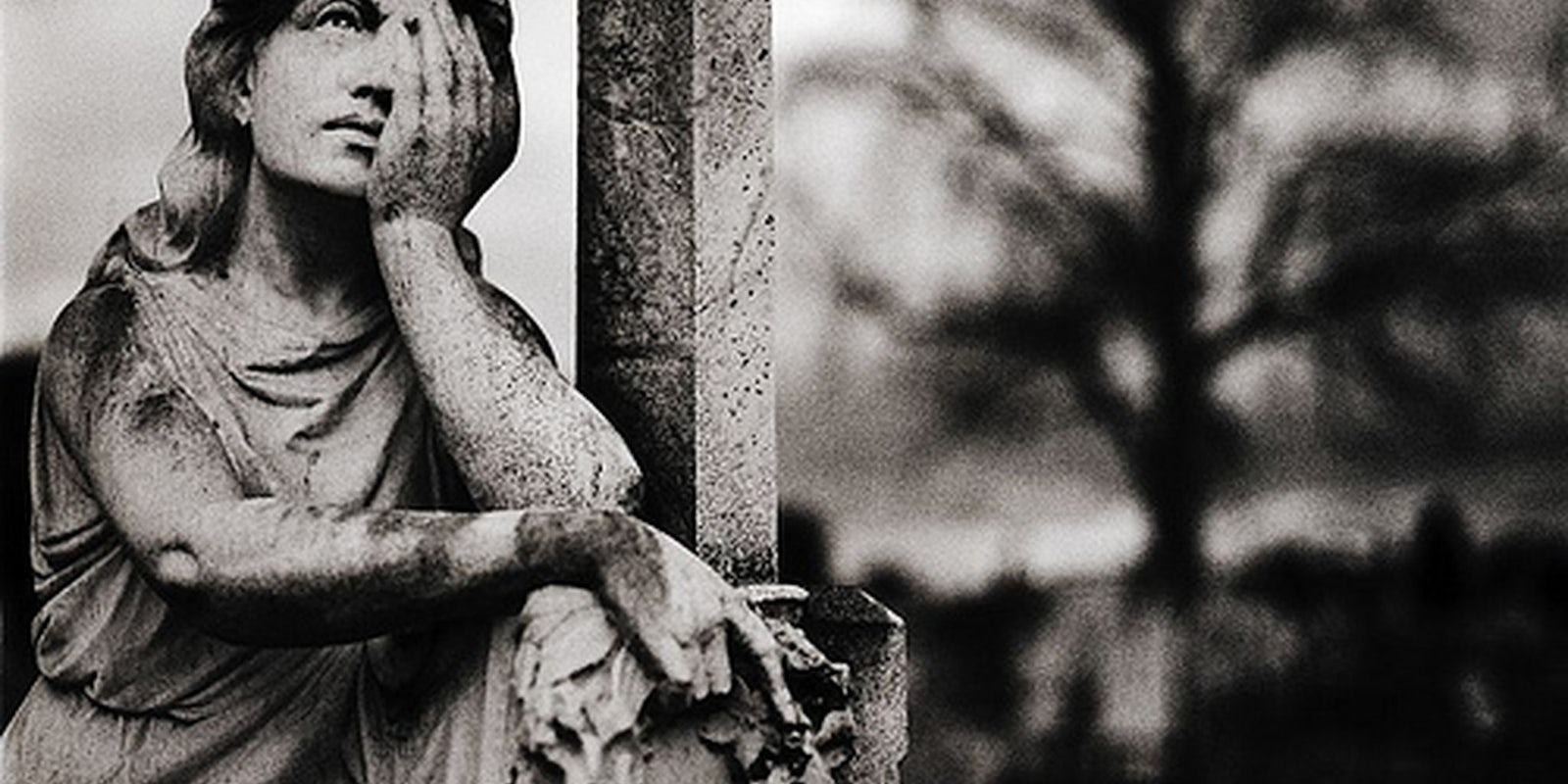Two years ago, while traveling in an area where she barely had cell phone coverage for Christmas, Jacqui Barrineau received a voicemail message from the wife of a friend saying she needed to call her as soon as possible. On Dec. 26, Barrineau logged into Facebook to leave a message saying she would call as soon as she and her husband got somewhere with more reliable phone service.
“When I went to her profile to message her, I saw post after post from friends and family offering their condolences,” Barrineau said. “I thought surely there must be some mistake; it had to be a prank. Friends don’t die on Facebook….Because you think stupid thoughts like that sometimes in the face of crisis.”
Many Facebook users have been on the 750 million member social network long enough to have lost a friend — or a “friend” — and deal with the question of “What happens to their Facebook page?” For some people, the pages of deceased friends offer a public memorial and a way to remember the person who has died. For others, the pages can be a series of painful extra steps in the grieving process, ranging from the “people you may know” reminder for a college classmate who was listed in the “In Memoriam” section of the last issue of the alumni magazine to the unsettling feeling of learning about a death online.
“That was the one time when I thought social media worked too goddamn fast,” Barrineau said. “I appreciate that there’s a memorial page for Eric and that we can write on his Wall when we think of him, but I really wish we could have found out some other way.”
Facebook allows family members to “memorialize” a deceased person’s page by filling out a form and offering some identifying information. Once an account is memorialized, its privacy settings are changed so no one can log into it and only confirmed friends can see it or locate it in a search. The Wall is kept in tact so friends and family can leave remembrances.
When Tim Rivella, 24, was murdered last month in Ewing, N.J., it was up to his cousin to handle the active Facebook user’s online profiles. Amber Watson-Tardiff works as a marketing consultant for attorneys, including estate planning attorneys, some of whom are starting to advise clients to include instructions for handling online assets like Facebook pages and email accounts into their wills.
At 24, Rivella didn’t have a will, so Watson-Tardiff took over since she had been ghostwriting off and on about the topic for nearly two years. Facebook, she said, made the process as simple as possible, but it’s not always the first thing family members think of when dealing with the shock of a loved one’s death and the more pressing funeral arrangements.
“You have to show proof of the death — for me, I included a link to news stories about his murder — and some other personal information,” she said.
Arlene Malinowski has lost four friends within the past year. She said she still visits their Facebook walls often to remember, reflect and even post a message about what the person may have been doing at that point in their life.
“I think Facebook has replaced the cemetery – as a place for people to go and remember,” she said. “When their birthdays pop up on my Facebook listings, I am allowed one moment from my crazy busy life to reflect, smile, hold my heart, pop onto the site to see who else has been there. It has become a modern day place to grieve”
But not everyone is happy with the current procedures for Facebook and other social networking sites for handling deceased people’s profiles. For some, the process moves too slowly, especially in the immediate aftermath of a loss when emotions are raw. Rebecca Hirsch has been trying to get her mother’s Facebook page memorialized since she died four months ago. At this point, she said, she simply wants the page removed.
“It’s really hard to see her face pop up there every day. If people mention her in a post, it goes on her wall,” Hirsch said. “I miss my mom and having this reminder every day is kind of creepy. It’s like she’s still there and it doesn’t exactly help with the grieving process.”
Emails, calls and Facebook messages received Tuesday from about 100 people who have lost friends on Facebook revealed a common theme: the online grieving process was frequently described as “creepy” and “unsettling” at first. But over time many found comfort in the lasting tribute to their departed friends. All but a handful of the people who responded to a reporter’s request for comment said they would have preferred the person’s online profiles had been stripped away completely.
Many respondents echoed sentiments like those sent by Jennifer Rook, whose girlfriend died two weeks shy of her 36th birthday in 2009 after a five-year fight with breast cancer.
“At first it was creepy, I felt like I was walking around in her room and she just ‘left,’” Rook said. “But as the months rolled on, it brought comfort to visit her page once in a while…It was a different feeling than visiting a grave, where you just stare at a name. It’s a nice reflection of her life when she was feeling her best – not her worst.”


